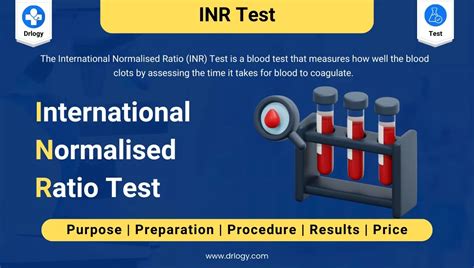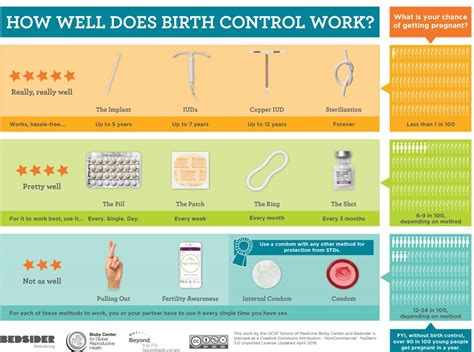12 Complete Blood Count Facts For Better Health

Understanding the intricacies of our bodily functions is pivotal for maintaining better health. One of the most critical diagnostic tools in the medical arsenal is the Complete Blood Count (CBC). A CBC is a test that measures various components of your blood, providing insights into your overall health, potential infections, and possible blood disorders. Here are 12 facts about CBCs that can help you make informed decisions about your health.
1. What is a Complete Blood Count?
A Complete Blood Count is a blood test that evaluates the overall health of your blood, covering various elements such as red blood cells, white blood cells, platelets, and hemoglobin. It’s one of the most commonly ordered blood tests, used to diagnose and monitor numerous conditions.
2. Components of a CBC
- Red Blood Cells (RBCs): These cells carry oxygen from your lungs to the rest of your body. A low count can indicate anemia.
- White Blood Cells (WBCs): Part of your immune system, these cells help fight infections. An elevated count may suggest an infection or inflammatory condition.
- Platelets: These tiny cells are crucial for blood clotting. Abnormal counts can indicate bleeding disorders or risk of bleeding.
- Hemoglobin (Hb) and Hematocrit (Hct): Hemoglobin is a protein in red blood cells that carries oxygen, while hematocrit measures the proportion of blood volume made up by red blood cells.
3. Why is a CBC Performed?
CBCs are performed for a variety of reasons, including routine check-ups, pre-surgery assessments, monitoring of conditions like anemia, infection, or inflammation, and evaluation of symptoms such as weakness, fatigue, or recurrent infections.
4. How is a CBC Test Done?
The test involves drawing a small sample of blood from a vein in your arm, which is then sent to a laboratory for analysis. The process is minimally invasive and typically causes only minor discomfort.
5. Understanding CBC Results
Results are usually available within a day and are reported in terms of the counts of each component, with reference ranges provided for comparison. It’s essential to consult a healthcare provider to understand what your specific results mean.
6. Interpreting Abnormal Results
- Low Red Blood Cell Count: May indicate anemia or blood loss.
- High White Blood Cell Count: Could suggest infection, inflammation, or a possible blood disorder.
- Low Platelet Count (Thrombocytopenia): May increase the risk of bleeding.
7. The Importance of CBC in Disease Diagnosis
CBC tests play a critical role in diagnosing and monitoring diseases such as leukemia, lymphoma, and anemia. They can also indicate the presence of infections, inflammation, and other conditions affecting the blood.
8. Monitoring Treatment
For individuals undergoing chemotherapy, a CBC is essential for monitoring the effects of treatment on blood cells, helping to adjust doses or switch treatments if necessary.
9. CBC and Nutrition
Nutritional deficiencies, such as lack of iron, vitamin B12, or folate, can affect CBC results. A balanced diet is crucial for maintaining healthy blood cell production.
10. Limitations of the CBC
While a CBC provides valuable information, it does not diagnose all blood or bone marrow disorders. Further testing may be required based on the results and clinical evaluation.
11. Preparing for a CBC Test
There’s usually no special preparation required for a CBC, though your doctor might provide specific instructions depending on other factors, such as fasting for other blood tests being conducted simultaneously.
12. Follow-up Actions
After receiving your CBC results, it’s crucial to discuss them with your healthcare provider. Depending on the findings, you may need to undergo additional testing, start treatment, or make lifestyle changes to address any issues identified by the test.
In conclusion, a Complete Blood Count is a powerful diagnostic tool that offers insights into various aspects of your health. By understanding what a CBC measures and how it’s used, you can better navigate your healthcare journey, making informed decisions about your well-being.
What does a high white blood cell count indicate?
+A high white blood cell count can indicate the presence of an infection, inflammation, or a potential blood disorder. It's essential to consult a healthcare provider for accurate diagnosis and treatment.
How often should I get a CBC test?
+The frequency of CBC tests depends on your health status and medical history. For healthy individuals, a yearly check-up may include a CBC. However, if you have a chronic condition or are undergoing treatment, your doctor may recommend more frequent testing.
Can dietary changes affect CBC results?
+Yes, dietary changes can impact your CBC results. For example, increasing iron intake can help improve a low red blood cell count due to iron deficiency anemia. Maintaining a balanced diet is crucial for healthy blood cell production.
By staying informed about the role and implications of a Complete Blood Count, you empower yourself to take a more active role in your health care, ensuring that you’re always a step ahead in maintaining your well-being.



